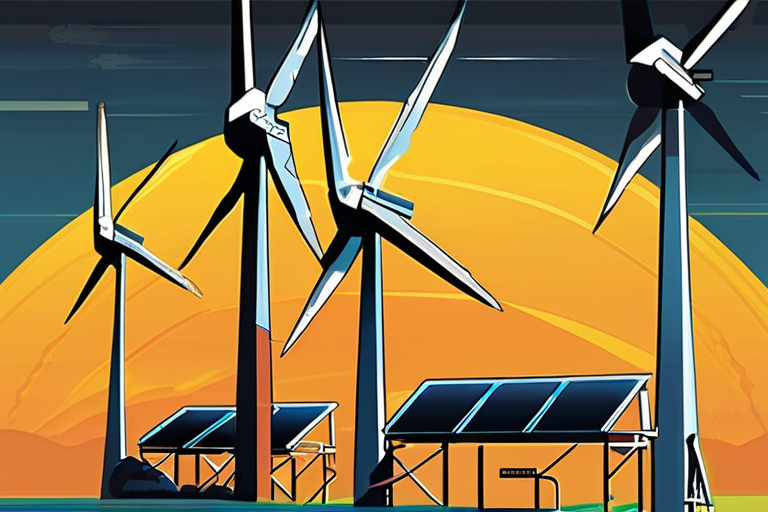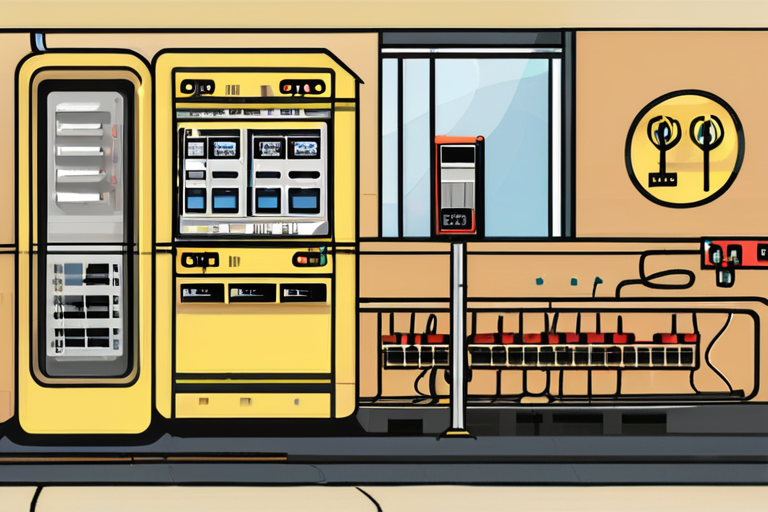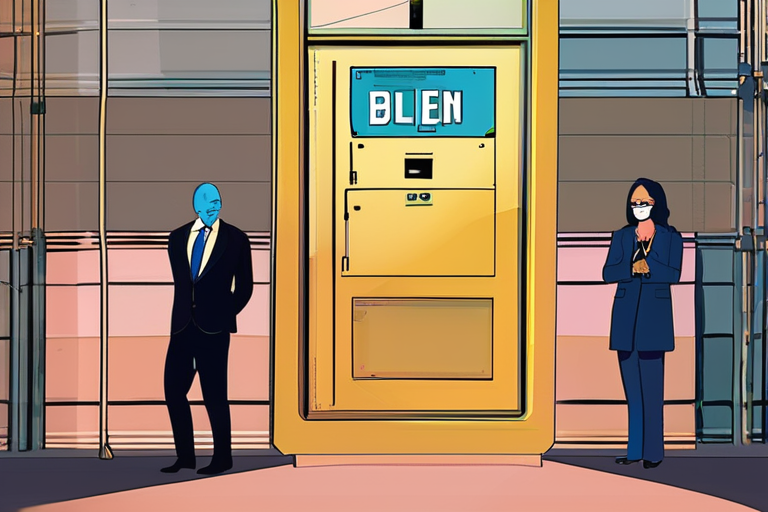Trump DOE Confirms Cancellation of $700M in Manufacturing Grants
The Department of Energy (DOE) has confirmed that it is canceling over $720 million worth of manufacturing grants, affecting companies working on battery materials, lithium-ion battery recycling, and super-insulating windows. The move comes after a review of contracts made during the Biden administration, with Energy Secretary Chris Wright citing missed milestones and inadequate progress in advancing the nation's energy needs.
According to Ben Dietderich, a DOE spokesperson, the grants were awarded as part of the Bipartisan Infrastructure Law passed in 2021, with most of the money allocated in 2023 and 2024. The decision to cancel the grants has sparked concerns among industry experts and lawmakers, who argue that it will hinder progress in critical areas such as clean energy and sustainability.
The affected companies include three startups: Ascend Elements, which was refining a recycling technology to turn manufacturing waste and end-of-life batteries into materials required for lithium-ion battery production; Redwood Materials, which was developing a process to recycle lithium-ion batteries; and 42 North Energy, which was working on super-insulating windows.
"We are disappointed in the decision to cancel these grants," said Ascend Elements CEO Don Bray. "Our technology has the potential to significantly reduce waste and emissions in the battery manufacturing process."
The cancellation of the grants raises questions about the DOE's priorities and its commitment to supporting clean energy initiatives. Critics argue that the move will undermine efforts to transition to a low-carbon economy and hinder progress in critical areas such as battery recycling and sustainable building materials.
Background on the Bipartisan Infrastructure Law, which authorized the grants, highlights the importance of these projects in advancing the nation's energy needs. The law aimed to invest in clean energy technologies, infrastructure, and research and development to reduce greenhouse gas emissions and promote economic growth.
Industry experts warn that the cancellation of the grants will have far-reaching consequences for companies working on critical clean energy initiatives. "This decision will set back our progress in developing sustainable solutions for battery recycling and other areas," said Dr. Maria Van Dyke, a leading expert on clean energy technologies.
The DOE has not provided details on what will happen to the affected companies or how they can recover from the cancellation of their grants. As the situation unfolds, it remains to be seen how this decision will impact the nation's efforts to transition to a low-carbon economy and promote sustainable development.
Additional Perspectives
Industry experts and lawmakers are calling for transparency and accountability in the DOE's decision-making process. "We need to understand why these grants were canceled and what alternatives are being considered," said Senator Maria Cantwell (D-WA), who chairs the Senate Committee on Energy and Natural Resources.
The cancellation of the grants also raises questions about the role of politics in the DOE's decision-making process. Critics argue that the move is a reflection of the Trump administration's priorities, which have been criticized for being at odds with clean energy initiatives.
Current Status and Next Developments
As the situation unfolds, it remains to be seen how this decision will impact the nation's efforts to transition to a low-carbon economy and promote sustainable development. The DOE has not provided details on what will happen to the affected companies or how they can recover from the cancellation of their grants.
Industry experts and lawmakers are calling for transparency and accountability in the DOE's decision-making process, and it remains to be seen whether the administration will provide clarity on its priorities and commitment to supporting clean energy initiatives.
*Reporting by Techcrunch.*



 Hoppi
Hoppi

 Hoppi
Hoppi

 Hoppi
Hoppi

 Hoppi
Hoppi

 Hoppi
Hoppi

 Hoppi
Hoppi











